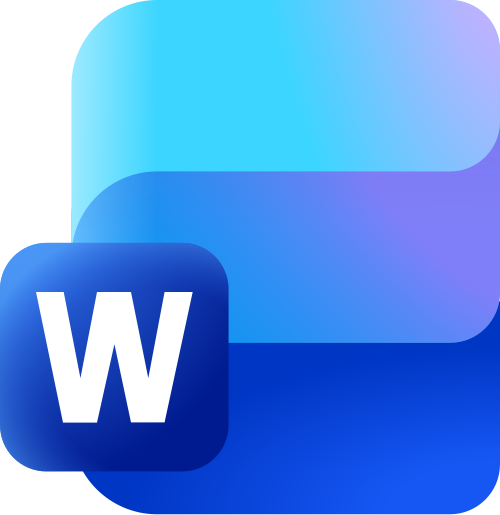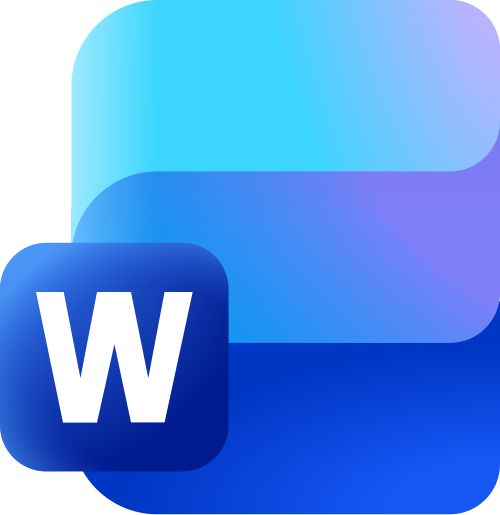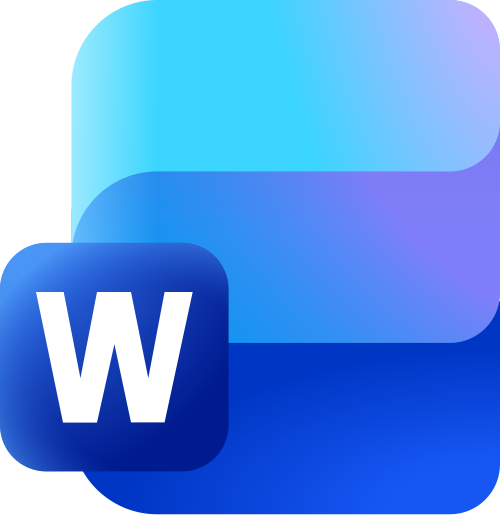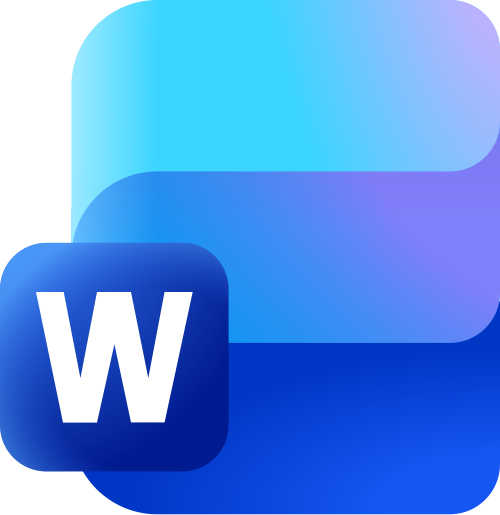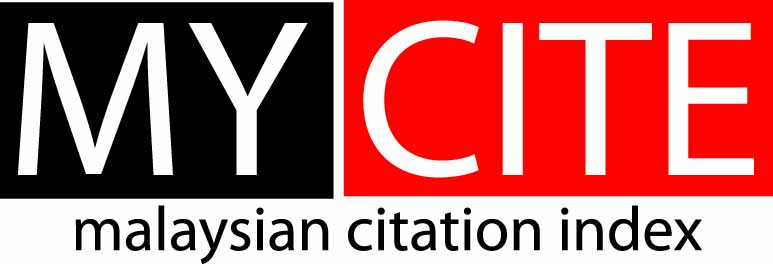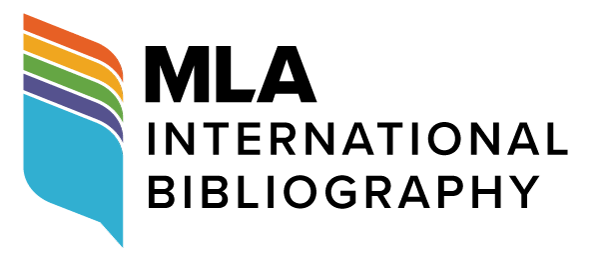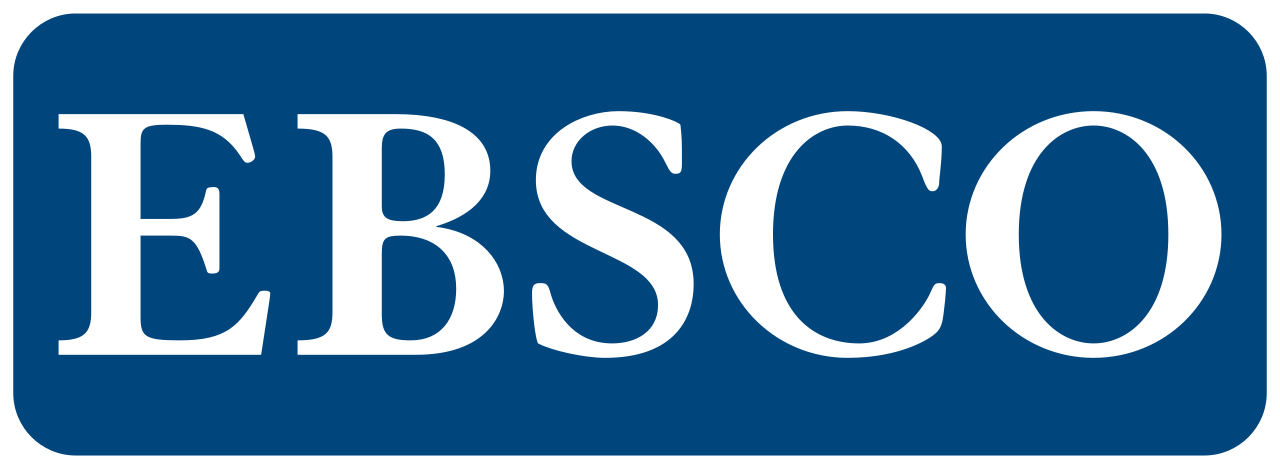Enhancing classroom learning through computer-mediated reflective writing and peer feedback
Abstract
This research was initiated to gauge students' perception of computer-mediated journaling as a way to enhance classroom learning experience through a limited style of blogging. It drew on the benefits of collaborative learning (Vygotsky, 1962; Warschauer, 1997), cooperative learning (Slavin, 1990; Olsen & Kagan, 1992), autonomous learning (Ellis & Sinclair, 1989), and reflective writing, which Bartlett-Bragg (2003: 5) sees as 'a tool for creating meaning and context from events and experiences - leading the learner towards creating new meanings and further enhancing their ability to contextualise and progress towards self-directed and deeper learning'. The objectives were: to determine if the participants benefited from peer input and feedback on their online journals, and whether the computer-mediated method increased their awareness and interest to learn. Data were gathered from two different sources, online space in Friendster (journals and peer feedback) and questionnaire. The research involved 14 undergraduates who were enrolled in a university language course. This paper discusses the participants' discourse in the private online space, and their perception of this process of learning.


